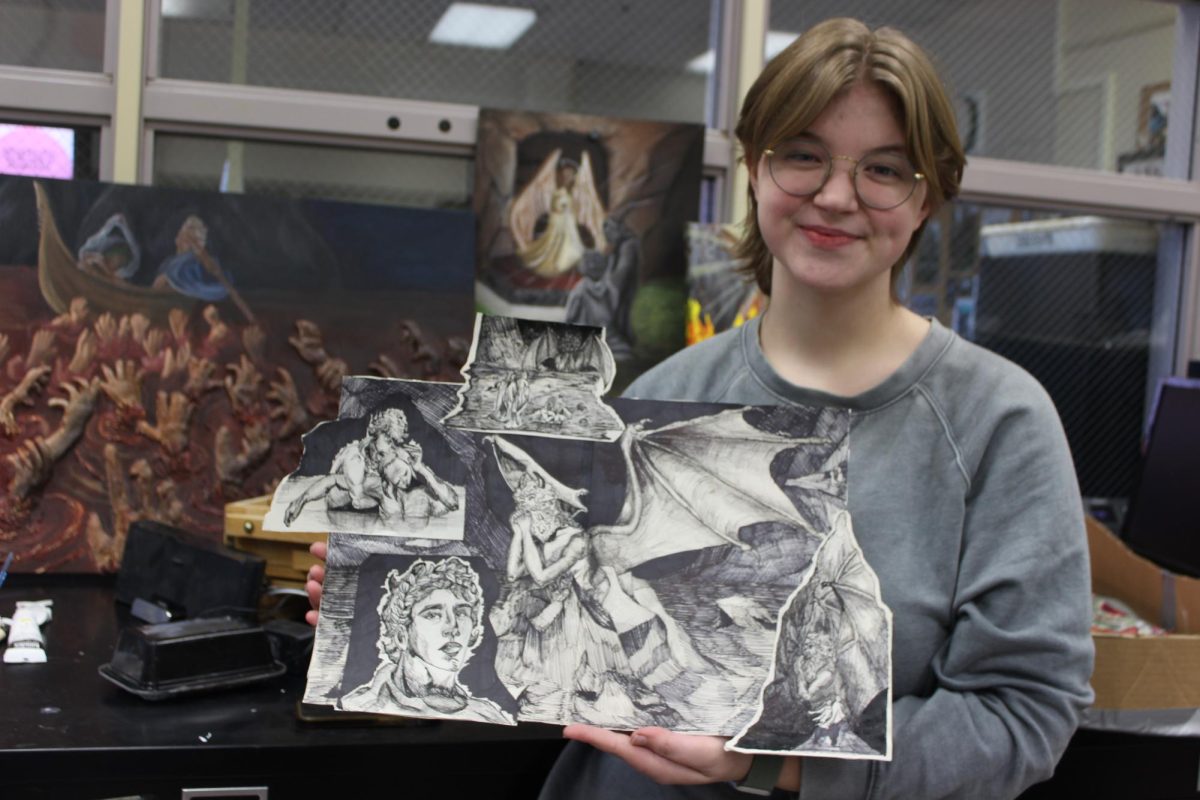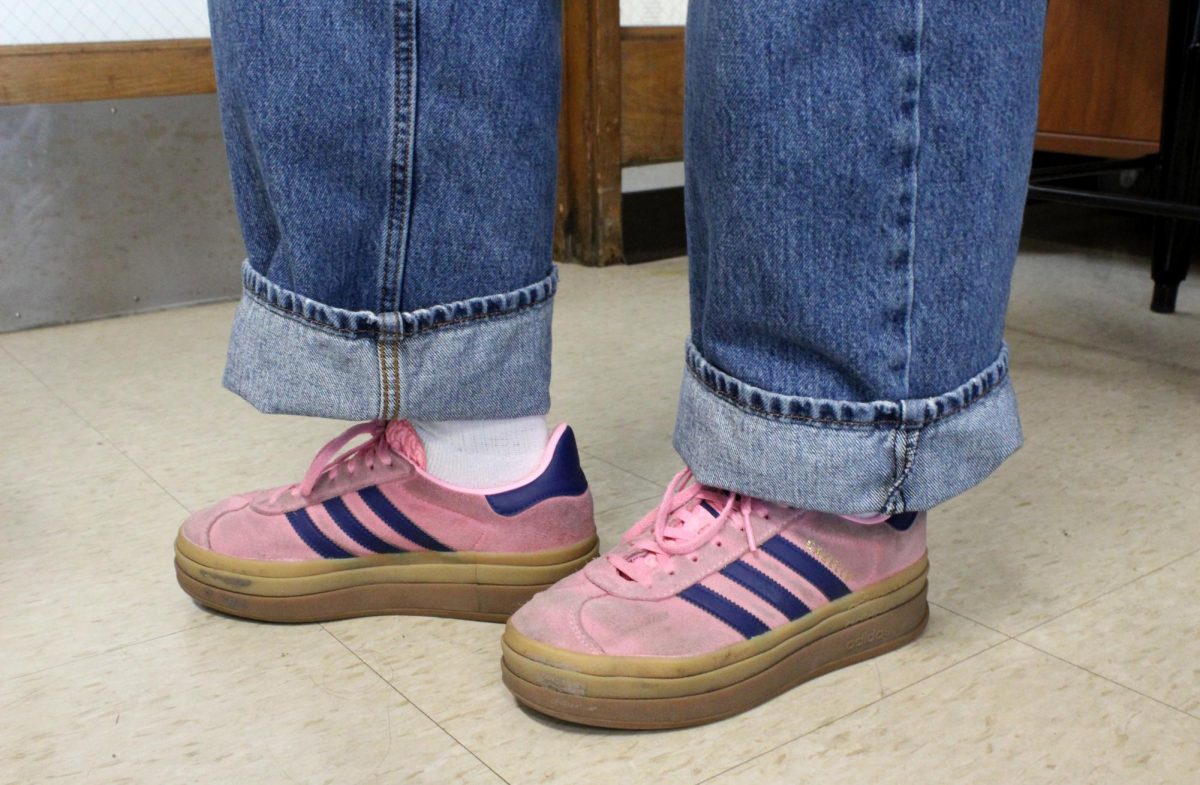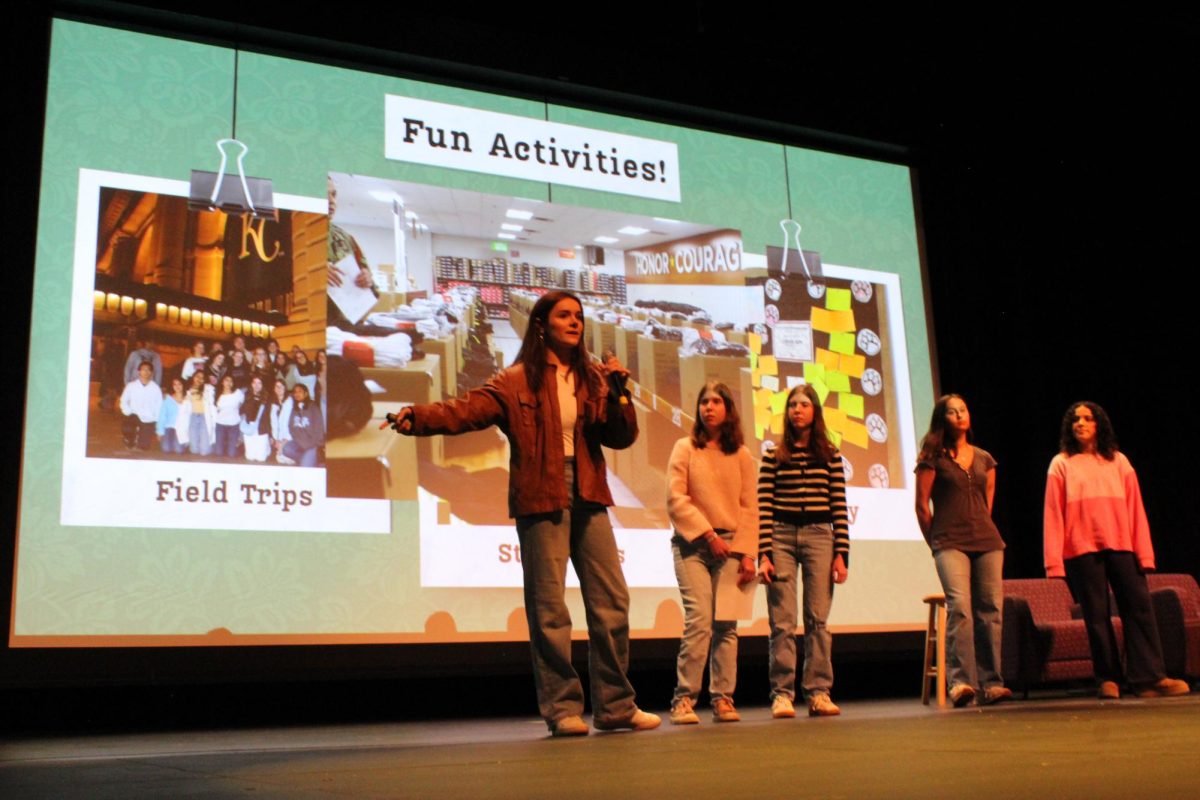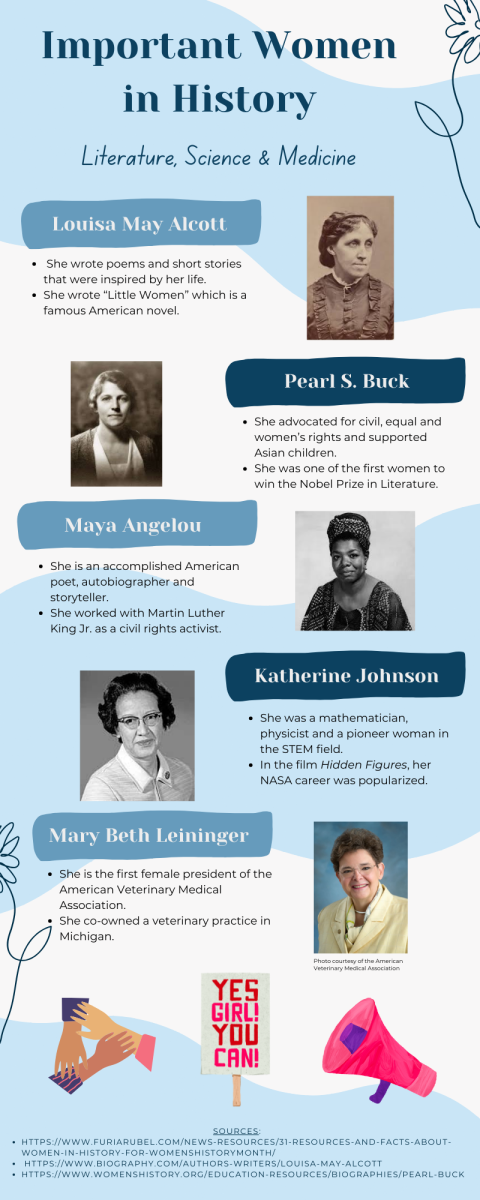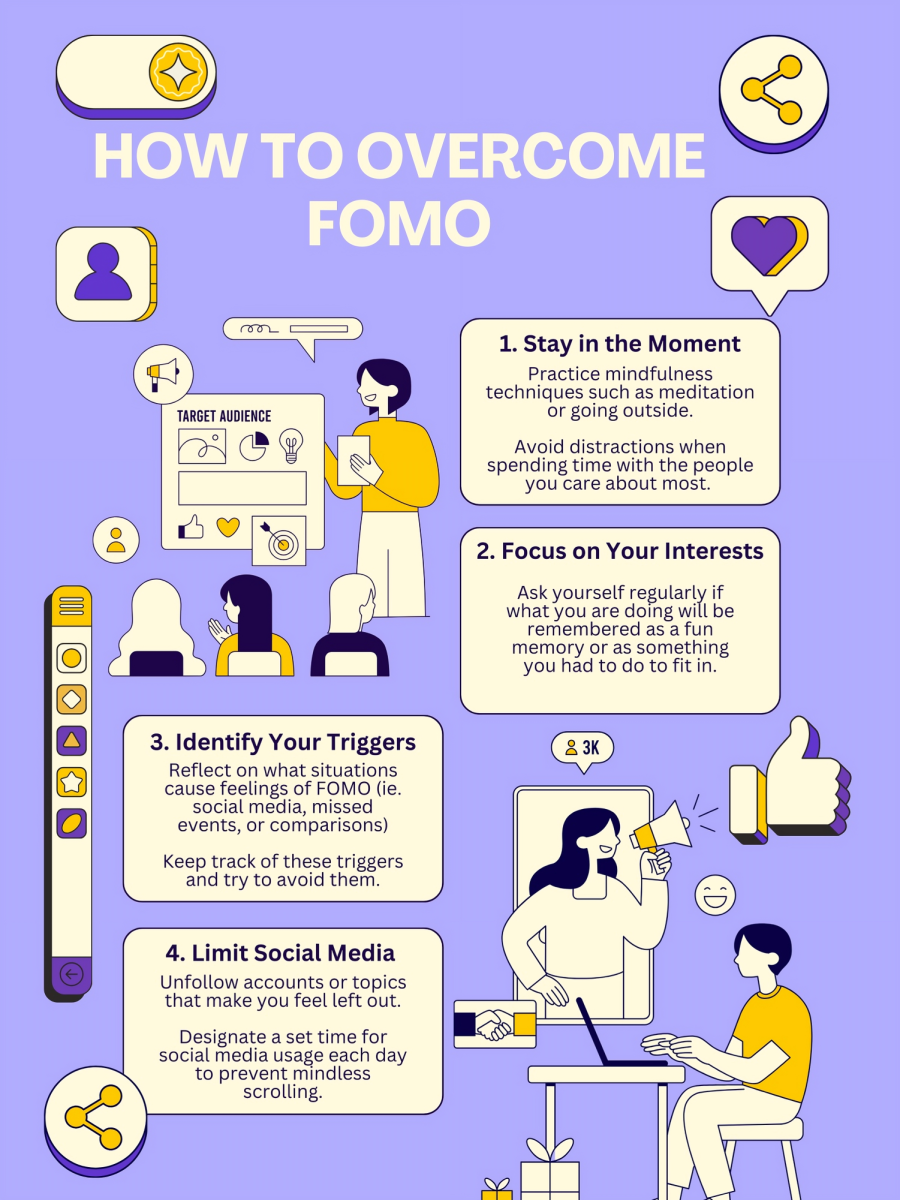The recent outbreak of enterovirus-68, also known as the respiratory virus, has hit the midwest and has left hundreds of school students ill, and sometimes even hospitalized.
The virus is spread through mucus and spit and is highly contagious. It can be easily caught through the air or physical contact. Simple actions such as touching a contaminated phone or car door can leave an individual infected with the tedious virus.
“The number one thing that helps the virus spread is people not washing their hands,” LHS nurse Cameron Traut proclaimed. “People cough on their hands, railings, and door knobs and if you touch that, you now have got something on your hand from someone else who could be infected.”
Symptoms of this virus are similar to a common cold. A runny nose, sniffles, fever, rashes, and wheezing start off the virus. Conditions become progressively worse and they are not healed right away. Instead, symptoms linger and start to become more severe.
“Some of these infected kids are hit very hard and fast and they’re already compromised with certain conditions such as asthma or in the state of being immunosuppressed. But for some of us, we may have it and not even realize it because for a lot of healthy people, the virus may just seem like a common cold,” Traut stated.
Although there is no specific vaccine for the respiratory virus, doctors can recognize this illness almost right away. Tests consist of a swab from the patient’s nose or throat. This test is then sent down to a specific laboratory that proves if the virus is genuine or false.
Luke Thunga, a freshmen at LHS, caught the virus and was hospitalized. “I was coughing, wheezing, had a fever, and body aches,” Thunga stated. After some time, he was admitted into the hospital because of an asthma attack combined with the symptoms of the virus.
At the hospital, Thunga had numerous tests conducted on his blood pressure and blood oxygenation. He stayed there for a total of five days.
“The recovery was about a whole week to get back to normal breathing,” Thunga stated.
During the recovery period of the respiratory virus, kids still have to stay home from school and cannot live an active lifestyle. They’re supposed to be on strict bedrest and avoid any physical contact with people that they can possibly infect.
According to CNN Health, a hospital in Quincy, Illinois suspected the virus among 70 young children. The city of Chicago has recognized 11 cases of the virus and it is unidentified where these patients are being treated. EV-68 has been in 40 states since August, and only 277 people have been positively diagnosed.
The respiratory virus spreads very easily, and there is little students can do to prevent it. Ms. Traut encourages all LHS students to “wash your hands, cover your mouths when you cough, and be on the lookout for different symptoms.”
Over time, the virus does heal and everything slowly gets back to normal. It is basically a waiting game and being patient with one’s condition.
“The worst part of having this virus was staying in the hospital and missing school and soccer,” Thunga proclaimed.



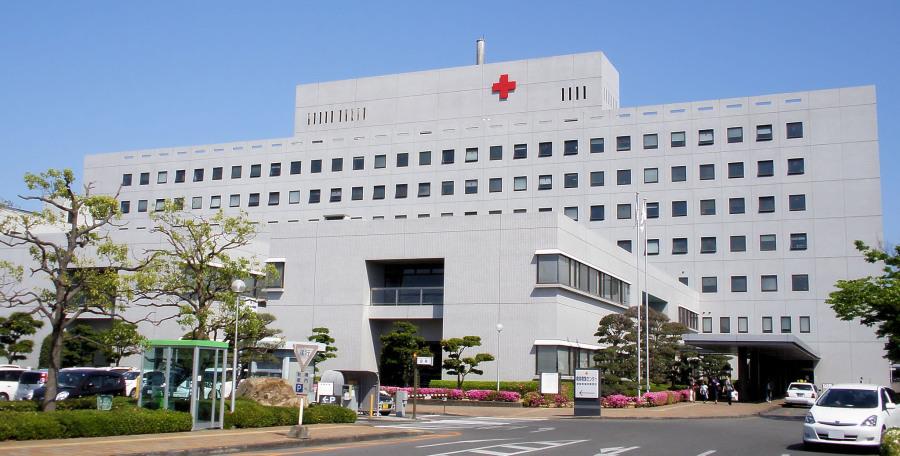
![Mr. Abullh Ali, manager/assistant, helps open Queen Yemeni Coffee in downtown Libertyville at 606 North Milwaukee Ave. With the help of employees such as manager and LHS senior Yousef Taha, they are able to bring the Yemeni and Ethiopian culture to Libertyville by using their Queen spices, cinnamon and cardamom in their drinks such as Adani Chai, which is inspired by Sheda, the Queen of Yemen and Ethiopia. “The history of our coffee [is] a long history and we believe that Yemen and Ethiopia started the coffee and we are bringing something unique to the community,” Mr. Ali said.](https://www.lhsdoi.com/wp-content/uploads/2025/04/Photo-1-1200x800.jpg)

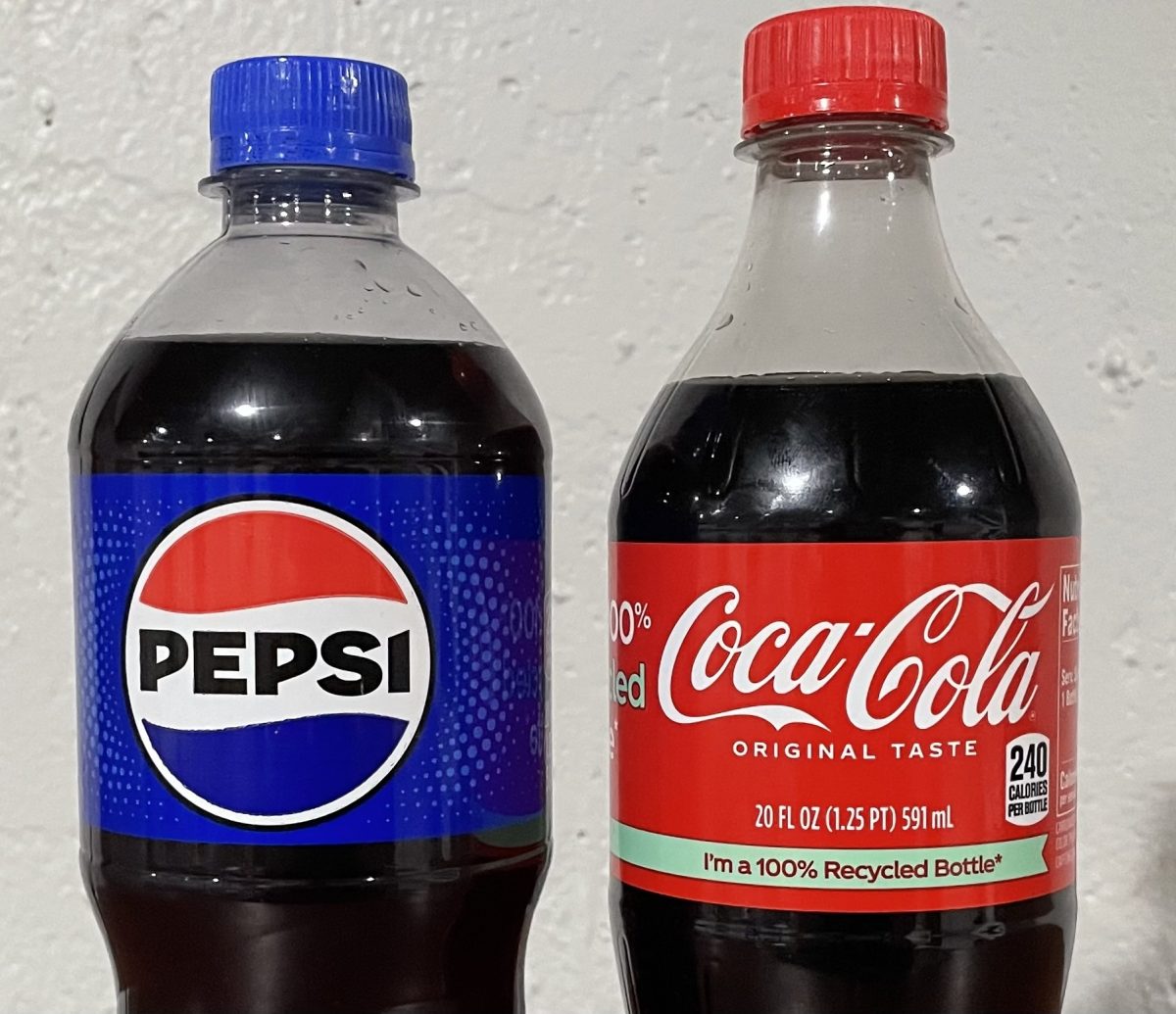
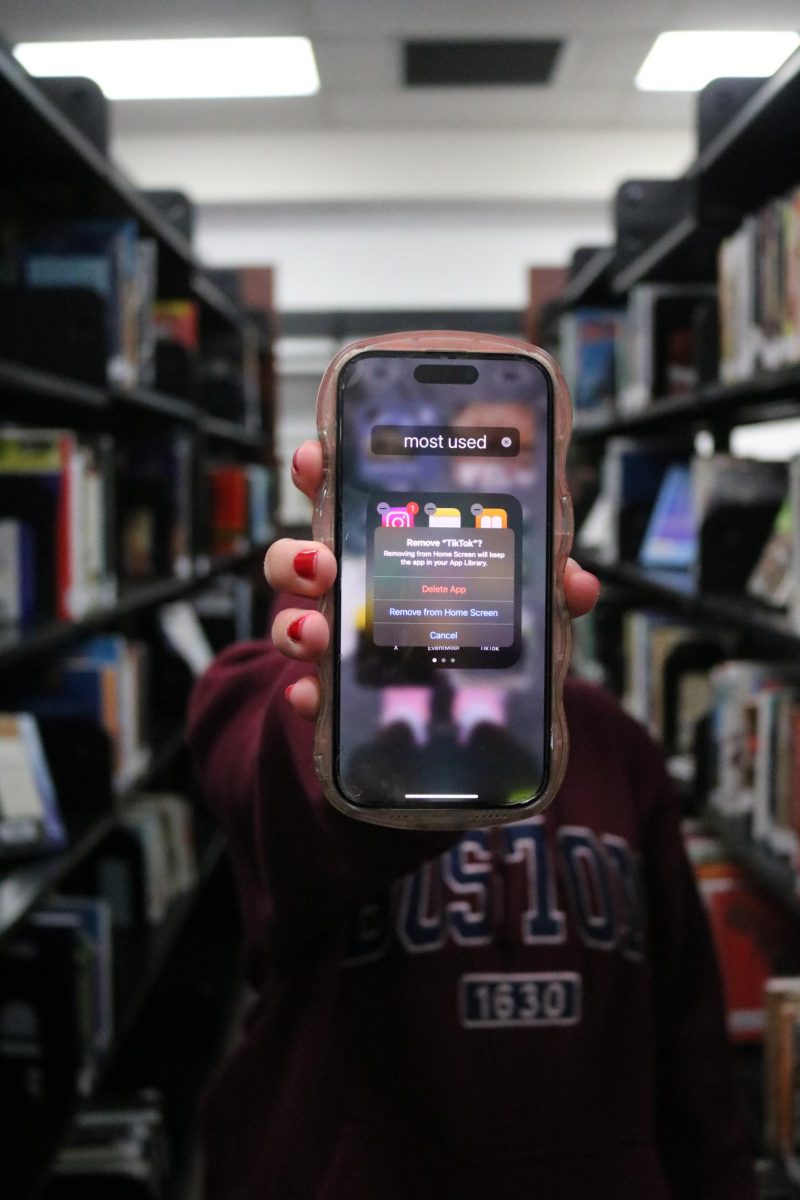
![Senior River Thompson joins the Jazz Ensemble by singing “That Old Black Magic” by Mercer and Arlen Arr. Mark Taylor, along with senior Annie Brody on guitar and junior Thomas Teixeira on bass, earning big applause. “[The concert had] great energy because it's the last [jazz concert] of the year,” Brody said.](https://www.lhsdoi.com/wp-content/uploads/2025/04/Eight-That-Old-Black-Magic-1200x800.jpg)
